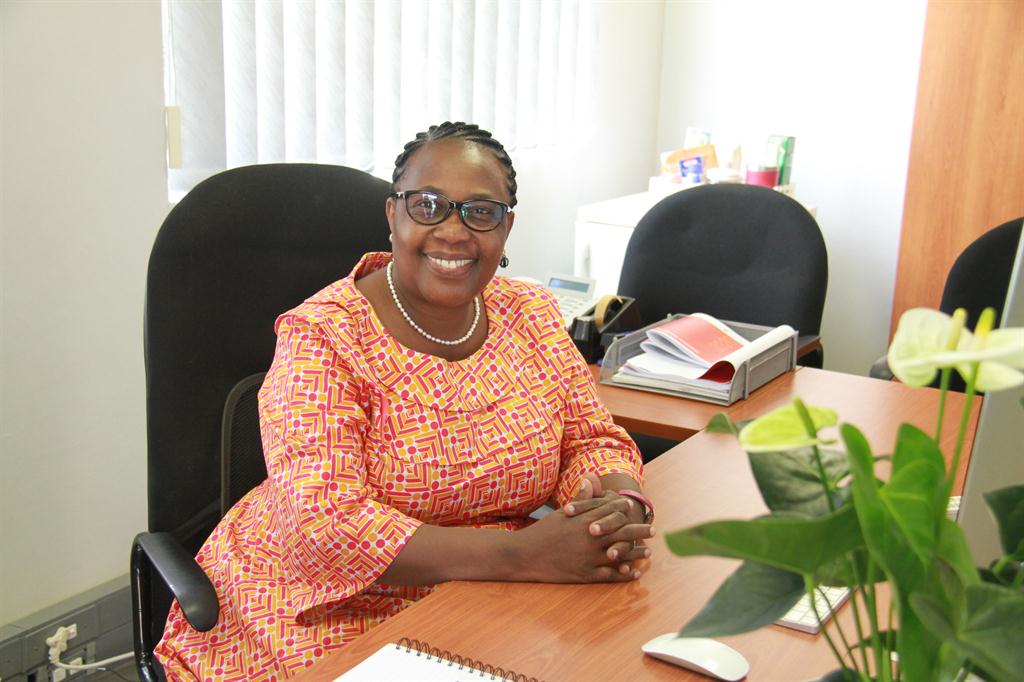For the love of research
Dr Mnubi-Mchombu is a coordinator and senior documentalist at the University of Namibia.
Michelline NawatisesChiku Getrude Mnubi-Mchombu completed her secondary education in 1978 and obtained a certificate in librarianship in Tanzania in 1981. She then worked with the Tanzania Library Services until June 1985.
In 1986 Mchombu joined the University of Botswana where she completed a diploma in librarianship, a BA degree in accounting and public administration, and a master’s degree in library and information studies.
In July 1997, she joined the University of Namibia (Unam) and is now the coordinator and senior documentalist at the Human Rights Documentation Centre. She earned a PhD in 2013 from the University of Zululand, South Africa. She is currently pursuing a Bachelor of Laws degree (LLB) through Unisa. Mchombu says she believes one should never stop learning, which should be a lifelong undertaking.
She has been working at Unam for more than 22 years.
“My time at this institution has shown me that Unam encourages and supports the self-development of its employees,” she says.
She adds that Unam provides staff development opportunities for its members to pursue their studies so that they remain relevant.
Her job consists of planning, collection management, maintenance and evaluation of the literature contained at the Documentation Centre, provision of strategic leadership for the centre and representing and marketing the Documentation Centre nationally and internationally.
Dr Mnubi-Mchombu’s day-to-day work involves consulting with students, lecturers and researchers, teaching users how to access human rights materials using Online Public Access (OPAC), attending meetings at the faculty; maintaining the database of materials, scanning through the newspapers for relevant articles on human rights, conducting research and disseminating information.
One of her main achievements has been the establishment of a unique documentation centre for human rights materials which supports research, teaching and learning of human rights in Namibia.
In 2018, a paper that she co-authored with Ivone Tjilale, titled ‘Access to Information and Services by Students with Disability: A Case Study of University of Namibia’ was named the best paper at the SCECSAL conference in Uganda.
She says assisting researchers to get the information they are looking for gives her great satisfaction. “It makes me feel like I have contributed towards the development of the country,” Mchombu says.
One thing that she still wants to achieve is the training of students and some lecturers to use electronic resources, as they are underutilised. “This is an ongoing process which can never be completed,” she adds.
She also wishes to better serve students with disabilities. “We could have equipment to assist students with disabilities, for example Job Access with Speech (JAWS) software and screen enlargement software to assist blind students in accessing information from the centre,” she says.




Comments
My Zone
No comments have been left on this article